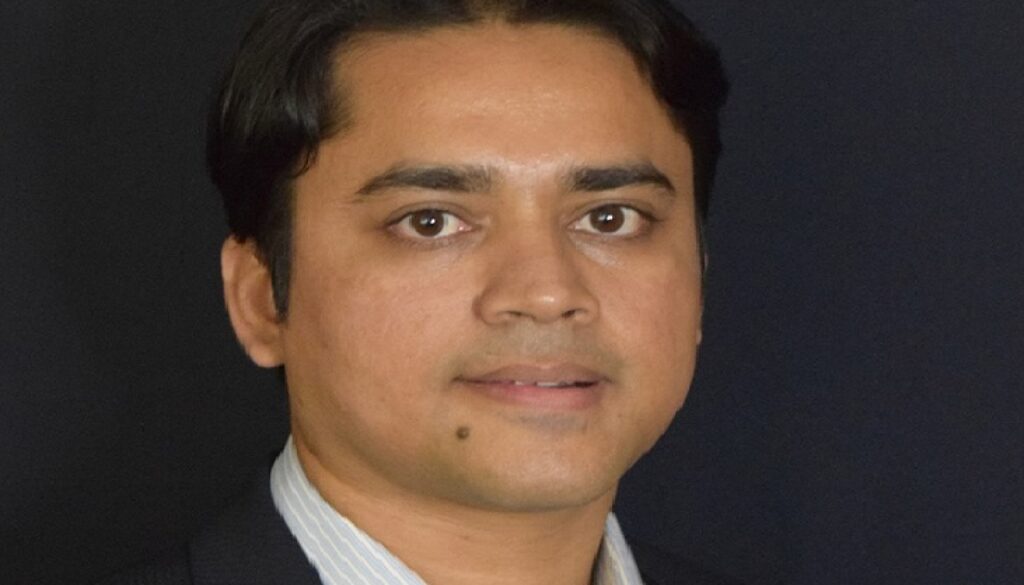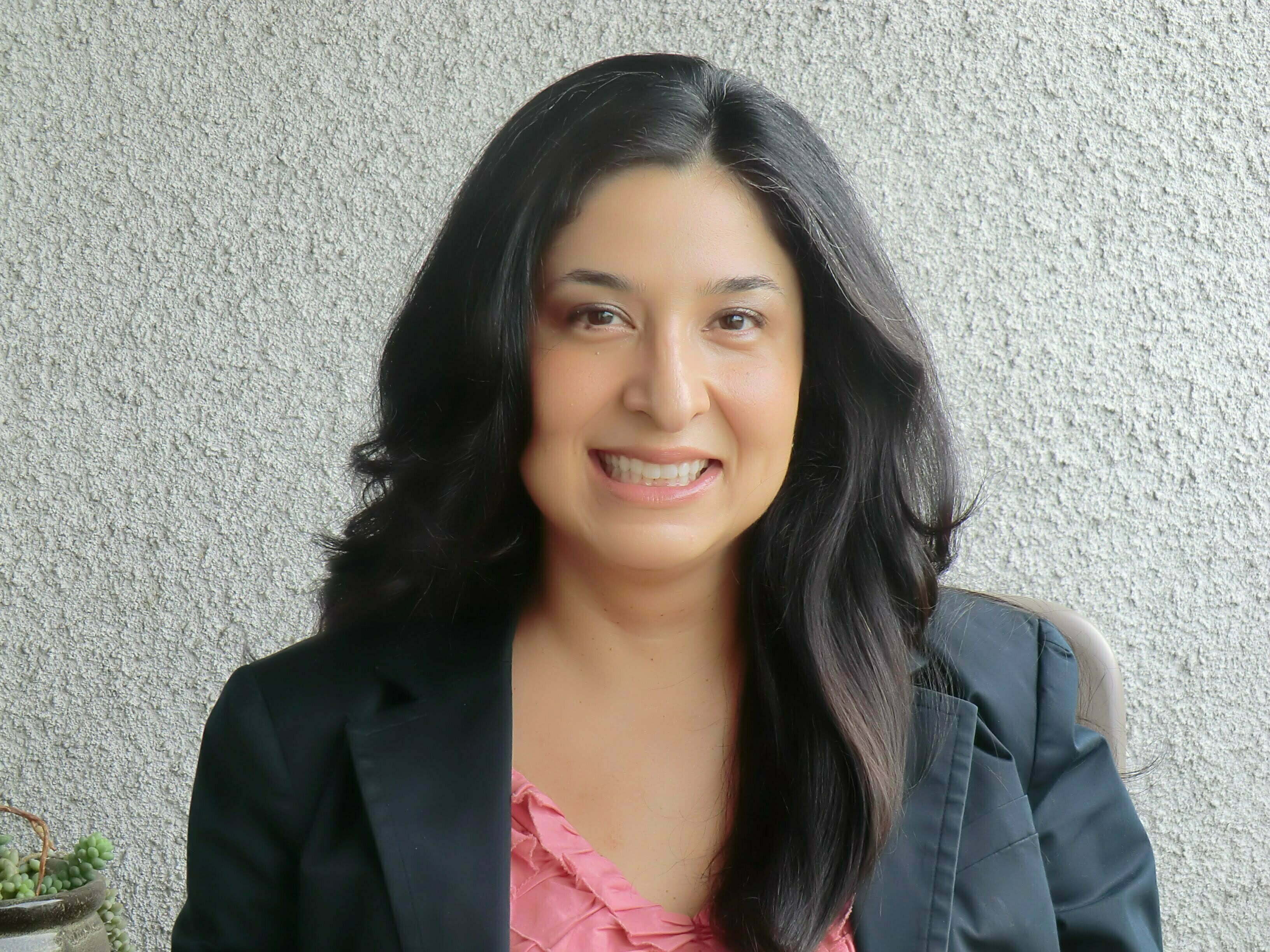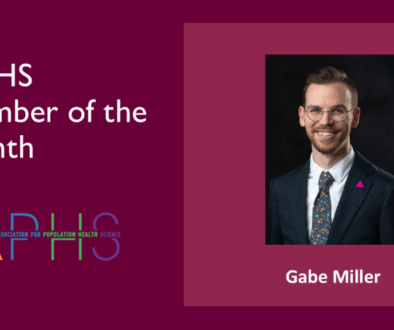Member of the Month: Muntasir Masum
Sara Curran, Selena Ortiz, Sung ParkMuntasir Masum is a Ph.D. candidate in the Department of Demography at the University of Texas at San Antonio. His research interests are mortality, health disparities, and life course perspectives. He will be graduating in Spring 2021 and actively searching for a postdoctoral position starting in the summer. Twitter: @Muntasir_M
Please share how your work relates to the issues and concerns that are emerging as a result of the COVID-19 pandemic.
My current work explores key demographic, socioeconomic, and anthropometric factors at the individual level that contribute to alcohol drinking and its consequence on mortality and health outcomes in the United States. According to a recent study, alcohol consumption has increased significantly during the 2020 pandemic, perhaps as a coping mechanism against uncertainty and grief, and will likely exacerbate health and mortality outcomes in the long run. People are spending more time working from home, which means less movement and activity, which affects mental health across different age groups. There are imminent mental health challenges such as suicidal tendencies, and drug-overdose for all races and ethnicities. An increase and excess of alcohol consumption are only going to contribute negatively to emerging health issues as a result of the COVID-19 pandemic. More and more surveys are documenting different aspects of alcohol consumption and related health and mortality outcomes in a representative manner. I look forward to addressing them with an interdisciplinary perspective during my post-dissertation phase.
Current population health efforts are focused on containing the spread of the virus. Going forward, what population health investments and policies are necessary to best prepare for and prevent future public health catastrophes?
Health efforts with a focus on containing the spread of the virus is a necessary way forward and the vaccination effort is slowly picking up pace. The disinformation and the confusion around the science of vaccination should be taken seriously and future population health policies should consider this. We have examples of countries where the public health effort to curb the impact of COVID-19 has not been politicized. Efforts should be made to introduce checks and balances on any effort to politicize a public health catastrophe. The fast pace of human civilization in the form of urbanization, deforestation, ethnic food experimentation, trafficking of exotic animals, tourism of hard-to-reach natural habitats is only making pandemics more imminent and severe. Investments in logistic preparation are expected and obvious; however, changing people’s attitude towards a comprehensive public health agenda could be a good starting point to prepare ourselves better.
On a specific note, the disproportionate impact on vulnerable communities should not be ignored and should not be discussed only in academic journals, conferences, and symposia. Rather, investments in policies and interventions that reduce structural inequalities and the disparate impact they have on our communities should be made.
What are some of the long-term implications of COVID-19 on population health?
We spent the year 2020 trying to avoid getting affected by COVID-19 or not act as a carrier. Some of us have been lucky, but many were not. We are only starting to get reliable data on the impacts of COVID-19. But, in my opinion, the long-term health implications of COVID-19 are yet to unfold. The consequences will not just be physiological, rather psychological as well. Cardiovascular, respiratory, neurological, and psychiatric complications will be a few of the long-term health impacts of COVID-19, in addition to numerous others. As a mortality researcher, I would be looking closely into long-term comorbidities due to COVID-19.
Tell us about your professional journey and how you ended up studying demography?
I was almost certain academia was not for me and gave up doctoral degree hopes after getting my master’s degree in Sociology from the McMaster University, Hamilton, ON, Canada. I worked for Canadian Red Cross around the Niagara region for a while. However, my father never gave up hope of bringing me back to academia. Reluctantly, I left Canada and started teaching Sociology in Bangladesh (you could start teaching with an MA degree). With time, I started to enjoy the classroom experience and helping students to the best of my abilities. I have gained valuable experience regarding teaching at the University of Dhaka, Bangladesh and my interest in academia was restored. UTSA Demography was one of the few programs that accepted my Ph.D. application and coming here was one of the best decisions of my academic career so far. I have learned so much and received advanced training in Demography that I would be benefitting from in my future career. I see myself staying on this path for the foreseeable future. I am glad I gave myself a second chance.
What is the general focus of your current research?
The general focus of my current research is to examine the relationship between individual behaviors (i.e., substance use) and health outcomes (i.e., mortality, physical/mental health) later in life. My doctoral thesis is a study of alcohol consumption behavior and adult mortality risks in the United States. In addition to that, I am also interested in physical and mental health outcomes during adulthood as a consequence of behavioral practices during adolescence to transition to adulthood, while also looking closely at contextual factors such as neighborhood and socio-environmental factors.
Can you summarize for us something you’ve been working on recently?
One project that I am currently working on is examining physical and mental health outcomes during adulthood as a result of adverse childhood experiences, mediated by lifetime diagnosis of substance abuse and dependence. I am using longitudinal Add Health Data with a life course perspective.
How is interdisciplinary work necessary for the topics you study?
I see interdisciplinary work as an essential component of my research agenda. Much of my graduate research and training over the past 4 years has had an individual-level focus on health and mortality. My ideal expectation would be to apply multilevel modeling to include structural and environmental factors as determinants of health. In my opinion, collaborating with interdisciplinary experts who already study structural and environmental determinants of health could help to expand my research objectives going forward.
Why did you decide to become a member of IAPHS, and how does IAPHS help you to advance the work that you do?
I am going to echo what I have said in one of my recent IAPHS blogposts, “Embracing IAPHS and Interdisciplinary Research: A Graduate Student’s Journey”! I joined IAPHS as a member to learn more about student responsibilities and to network with experts and students from other universities and disciplines. It has been a wonderful experience so far, learning from student colleagues and mentors from different universities.
Favorite movie, band, non-fiction, book, etc.
My all-time favorite movie is The Shawshank Redemption. I like to believe I am optimistic by nature, and this movie reminds me that hope and patience can get me where I want to be.
One of the recent bands I follow regularly is One Republic. They are from Colorado Springs. I admire how they play with their tunes and lyric. One of my bucket list to-dos is to see live them live at the Red Rocks Amphitheatre in Denver, Colorado.
A recent book I have enjoyed reading is How to Do Nothing: Resisting the Attention Economy Book by Jenny Odell. As the name suggests, I am trying to be absent from social media (specifically Facebook) and not sell myself as a product. However, I still have not figured out how I can stop using Instagram!
Hobbies?
I googled to find out what could be likely hobbies as a graduate student. I concluded that I have none. I am not sure whether it counts, but I like to drive. I could drive long hours without talking to anyone, just talking to myself in my head. Driving is cathartic to me. With that, I like traveling. And (please do not hate me for it)according to Google’s year-end review (totally contradicting the favorite book I mentioned, as one does!), I have traveled to 80 cities in 2020. Though, in my defense, I do not recall traveling that much.
Looking back, perhaps I pushed my luck and was not affected by COVID-19. But I am alive and well and hoping to continue traveling as much as I can this year. I was a bit sad when I realized I do not have any hobbies but going forward once I defend my dissertation this semester, I will have all the time in the world to pick up a new hobby (so they say!).







All comments will be reviewed and posted if substantive and of general interest to IAPHS readers.